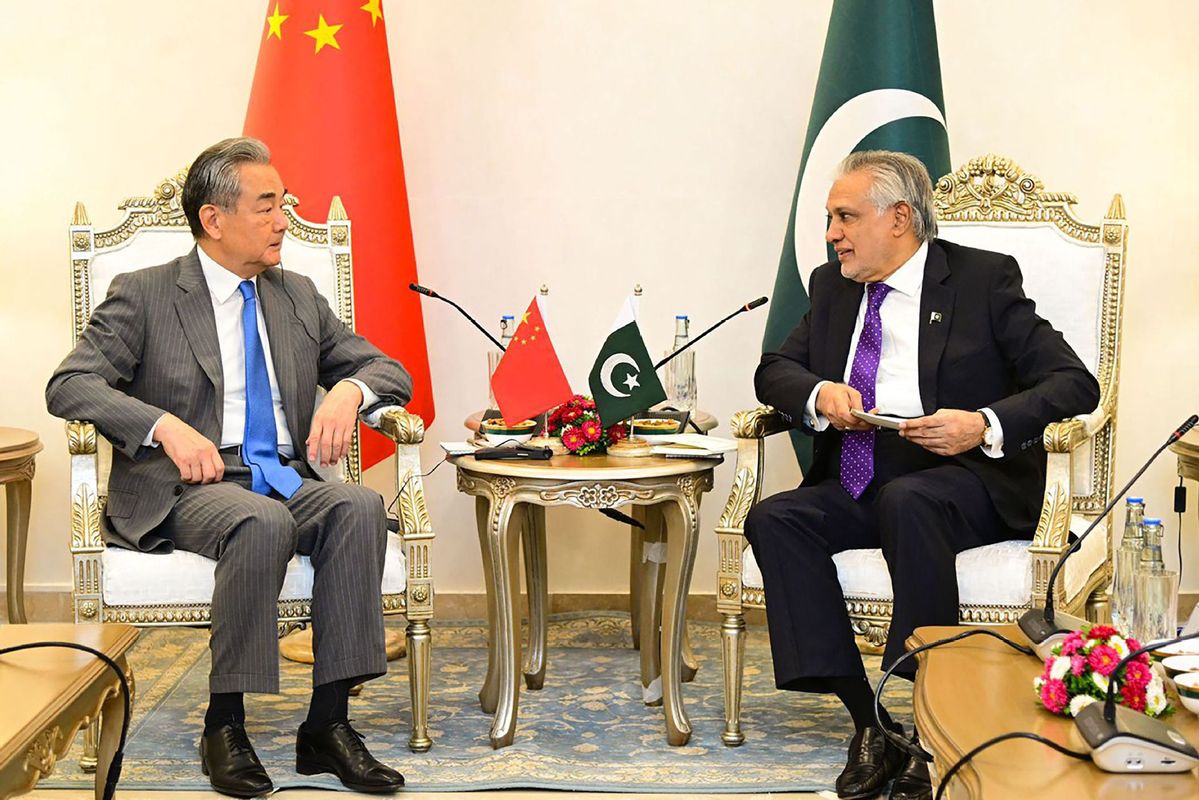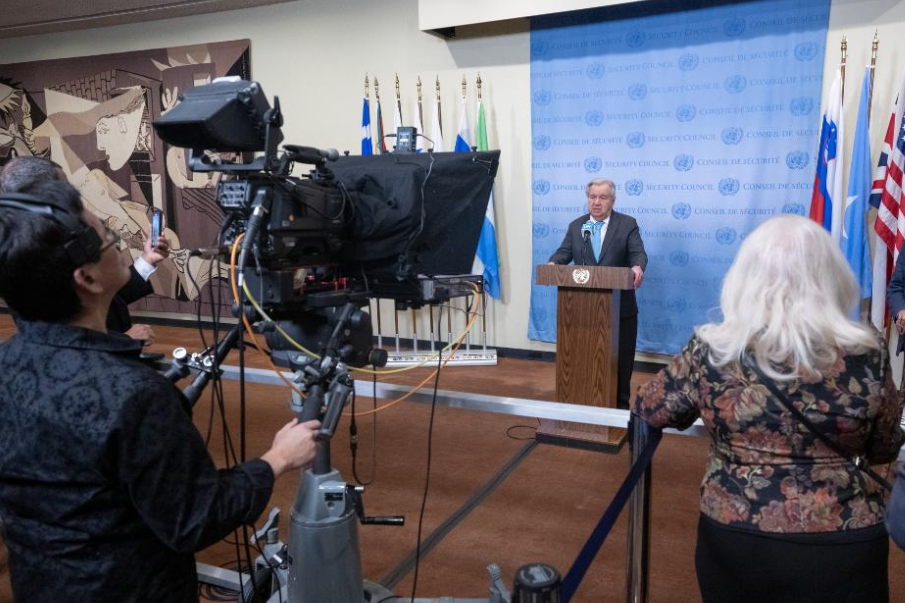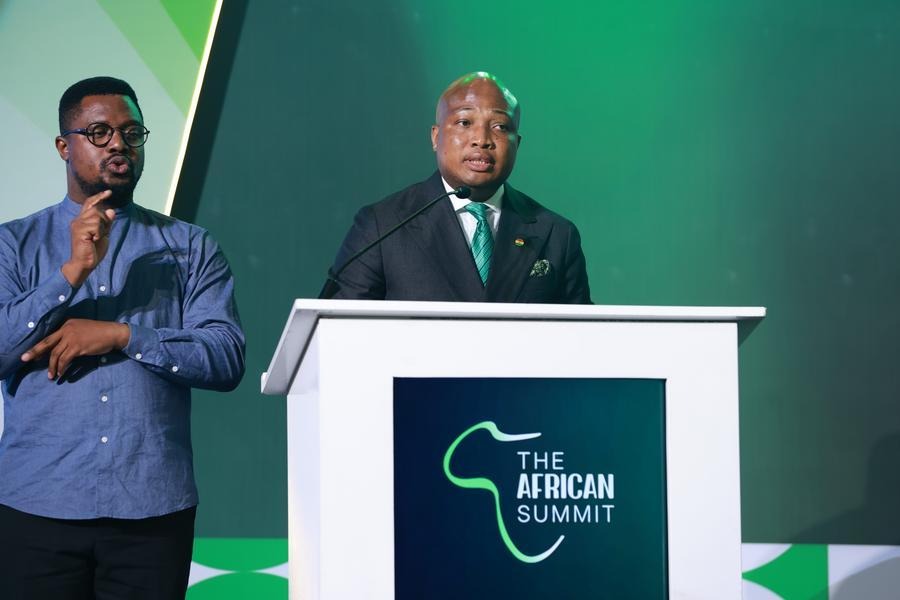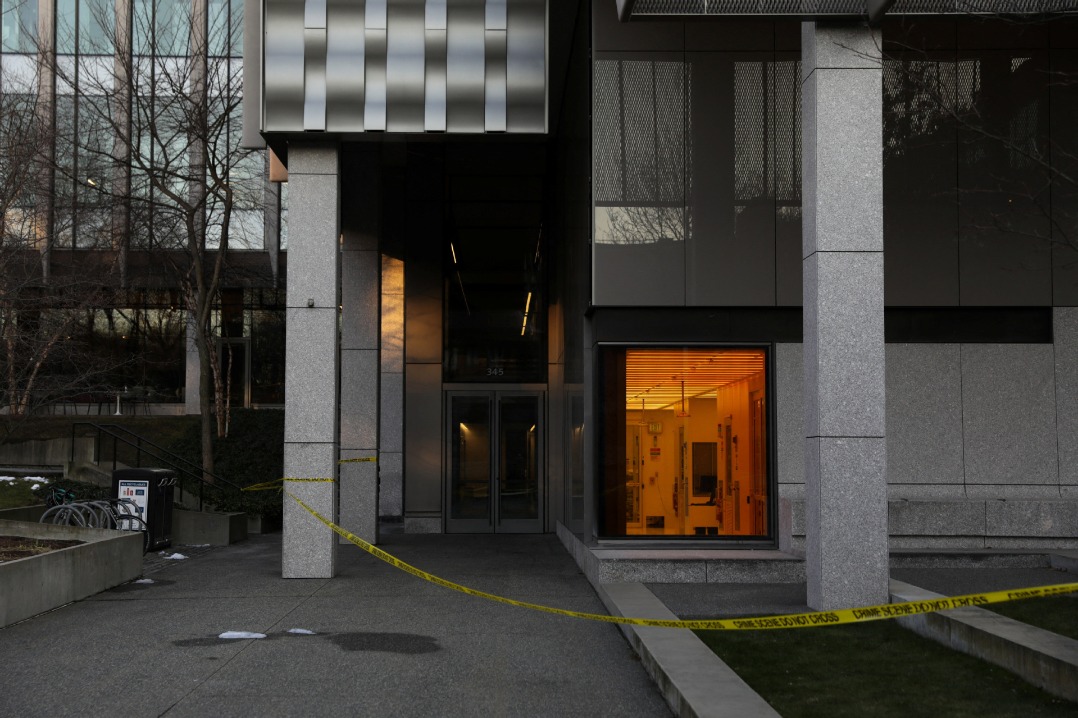China, Pakistan reaffirm commitment to corridor


Beijing and Islamabad have pledged to prioritize high-quality cooperation in fostering the upgraded version of the China-Pakistan Economic Corridor, or CPEC.
The consensus was reached during the sixth China-Pakistan Foreign Ministers' Strategic Dialogue, held by Foreign Minister Wang Yi and Pakistan's Deputy Prime Minister and Foreign Minister Mohammad Ishaq Dar in Islamabad, the capital of Pakistan, on Thursday.
At a joint news conference, Wang said both sides remain committed to building the CPEC as a growth corridor, a people's livelihood corridor, innovation corridor, green corridor, and open corridor.
According to a news release from China's Foreign Ministry, the two nations will focus on deepening cooperation in industry, agriculture, and mining, while jointly supporting the construction and operation of Gwadar Port, and advancing the Karakoram Highway project. They also invited third-party participation in railway upgrades.
Wang told reporters China and Pakistan will also implement more "small but beautiful" livelihood projects in Pakistan and enhance exchanges in education, youth, and cultural fields.
He expressed China's hope that Pakistan's Prime Minister Shehbaz Sharif will attend the Shanghai Cooperation Organization Summit in Tianjin and celebrations commemorating the 80th anniversary of victory in the Chinese People's War of Resistance Against Japanese Aggression (1931-45).
When asked about the role of relations between the two neighbors, Wang reiterated that China and Pakistan are ironclad friends and all-weather strategic partners.
The construction of the CPEC will benefit not only people from China and Pakistan but also those in Afghanistan and beyond, he said.
With Pakistan serving as a non-permanent member of the United Nations Security Council, Wang said Beijing and Islamabad will coordinate with each other on safeguarding the legitimate rights and interests of developing countries.
During talks with Wang, Dar reaffirmed that friendship with China was the cornerstone of Pakistan's foreign policy, and pledged to combat terrorism and ensure the safety of Chinese institutions and personnel in Pakistan.
Pakistan was the last stop on Wang's five-day South Asian tour, which also took him to India and Afghanistan.
Commenting on the current situation in South Asia at the joint news conference, Wang highlighted the region's vast potential and called the 21st century an era for Asia, particularly South Asia, to accelerate development and rejuvenation.
He noted that despite differences, India, Afghanistan, and Pakistan share the vision that a peaceful, stable, and prosperous South Asia serves the interests of all, and that they are all willing to strengthen good-neighborly friendship and deepen cooperation with China for win-win outcomes.
China's relations with South Asian countries, including Pakistan and India, are not directed against any third party, he added.
Faced with unilateral bullying practices, Wang said all three countries underlined the need to uphold multilateralism and strive to promote a more equitable and orderly multipolar world as well as inclusive economic globalization that benefits all.

































